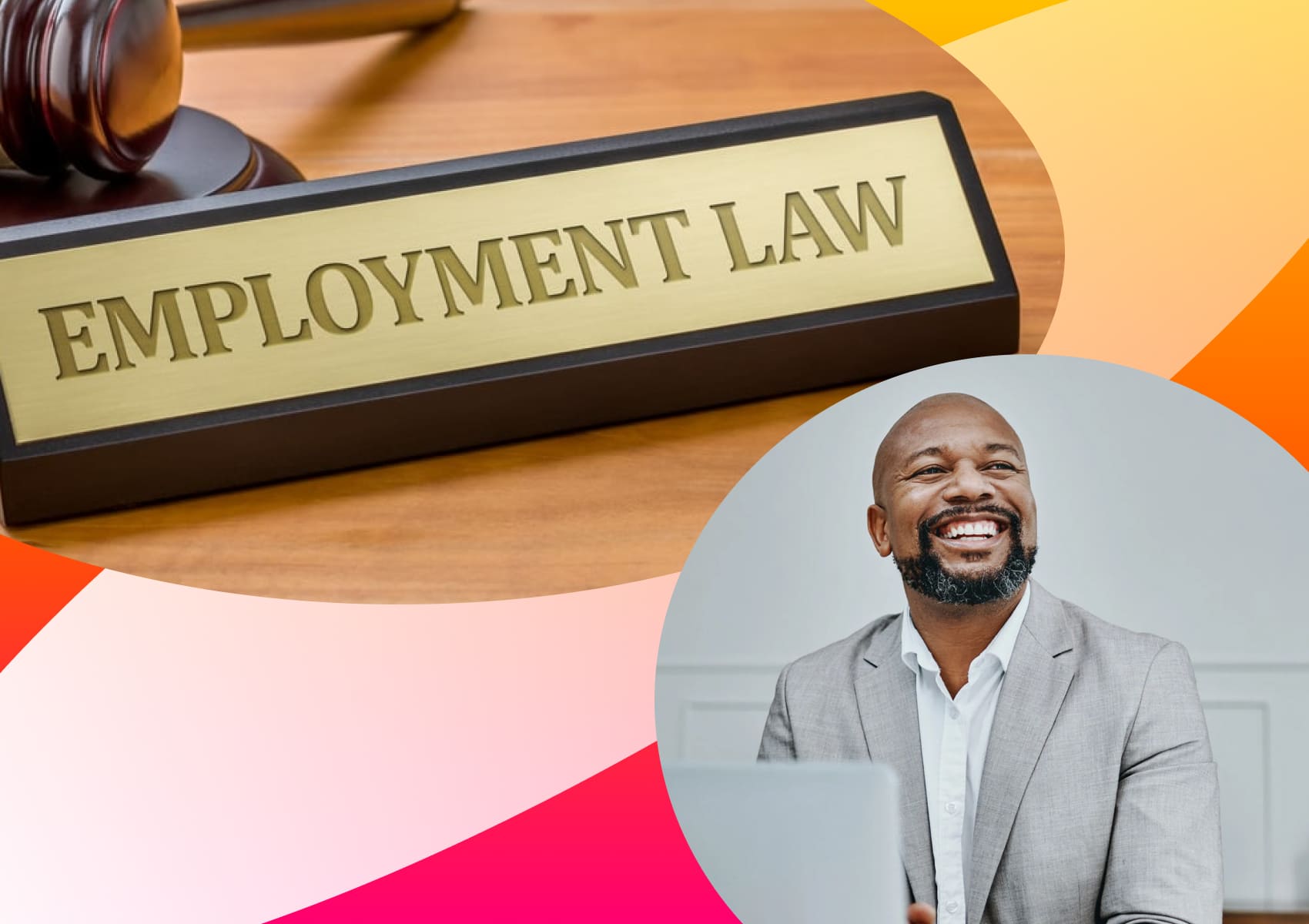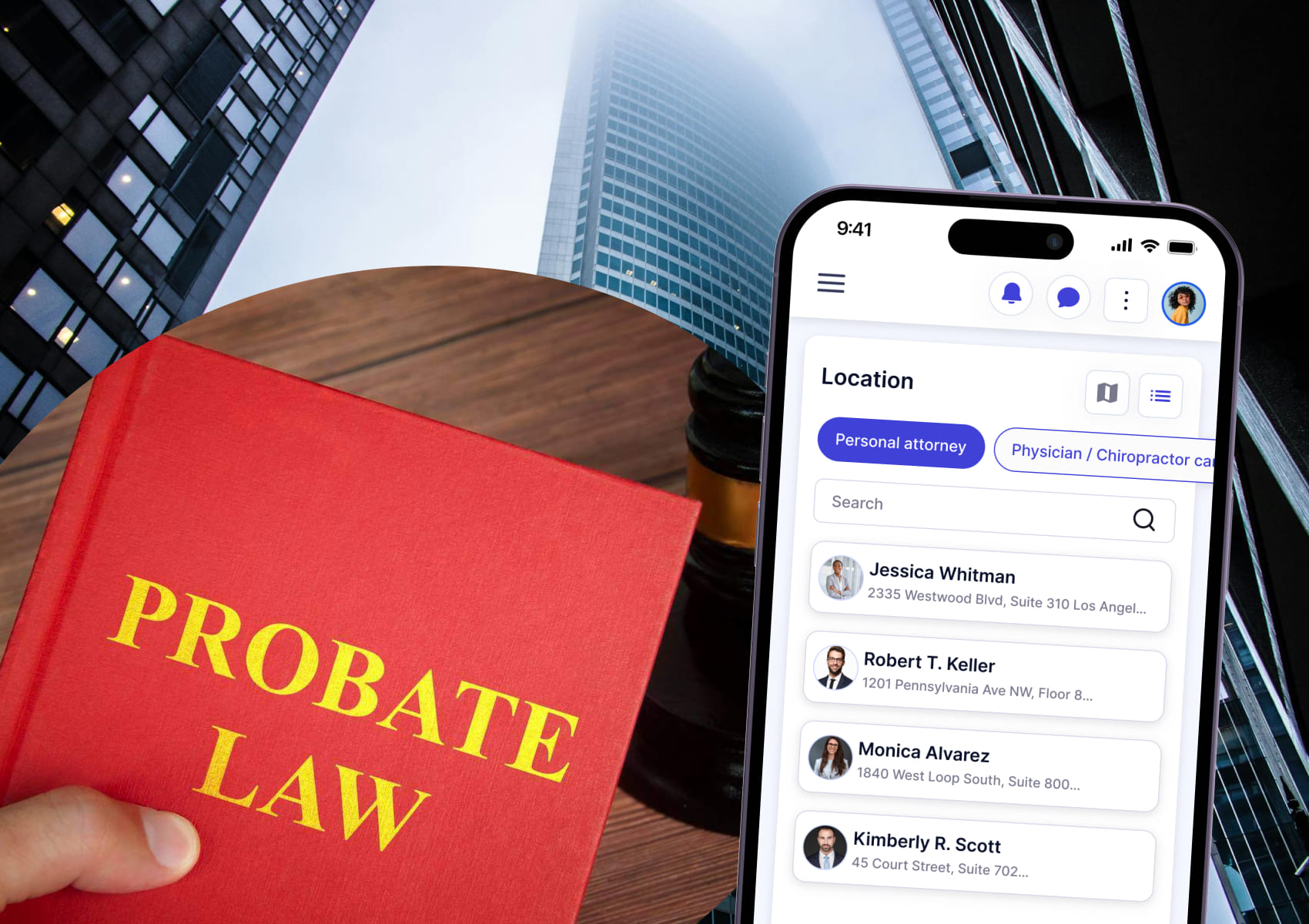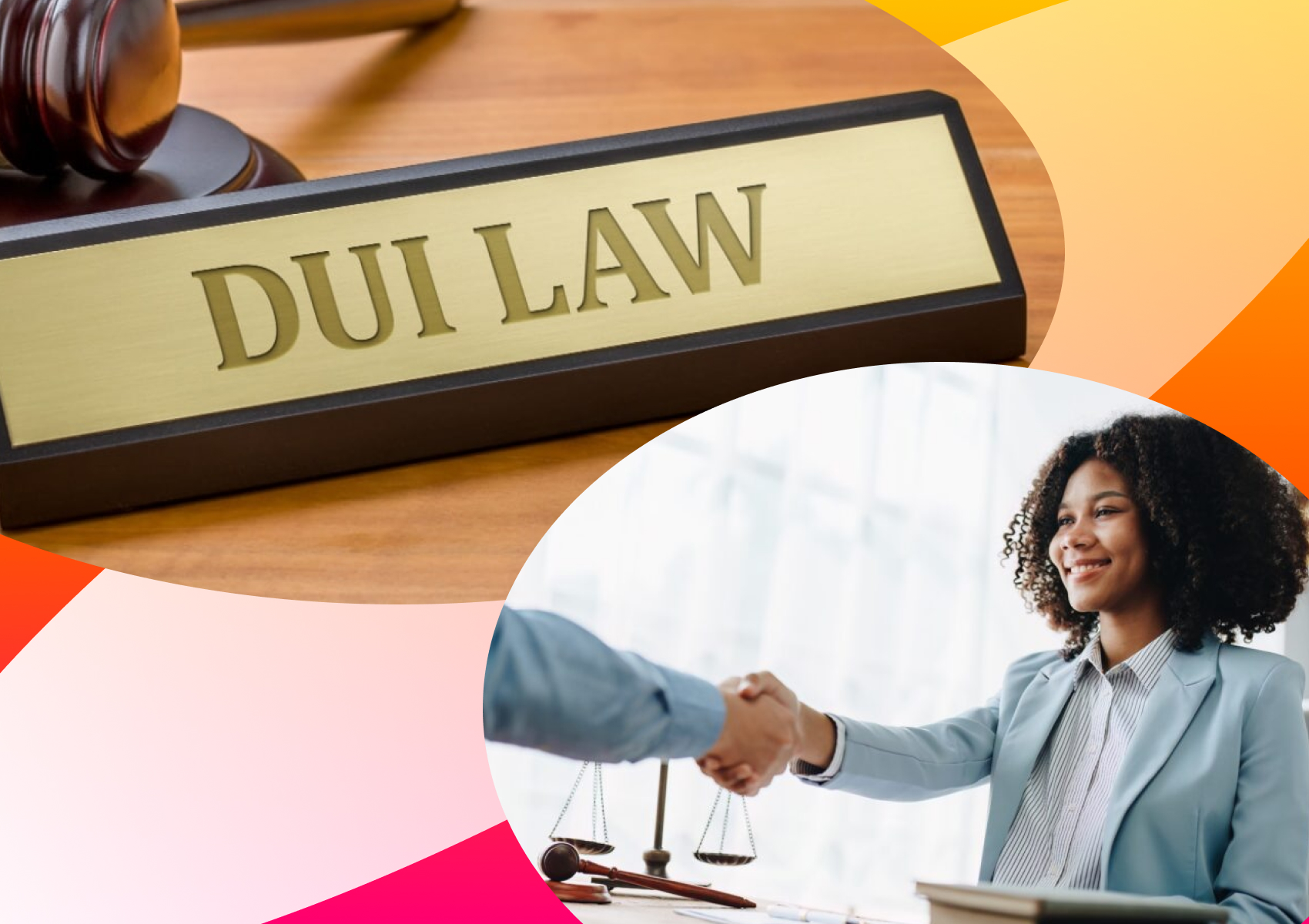How to Find a Good Employment Lawyer for Workplace Disputes & Legal Help

Workplace disputes can be stressful, complicated, and difficult to navigate alone. Whether you’re dealing with wrongful termination, discrimination, unpaid wages, or contract disputes, having a knowledgeable employment lawyer by your side can make all the difference. But how do you find a good employment lawyer who can effectively represent your interests?
In this comprehensive guide, we’ll explore what makes a good employment lawyer, how much they typically charge, when you might need an employment lawyer, and what exactly an employment attorney does. By the end of this article, you’ll have all the information you need to choose the right legal representation for your case.
What Makes a Good Employment Lawyer?
Key Qualities to Look for When You Need to Find a Good Employment Lawyer
Finding the right attorney is crucial to ensuring your case is handled properly. Here are the most important qualities that make a good employment lawyer:
- Experience in Employment Law – The lawyer should specialize in employment disputes and have years of experience handling similar cases.
- Strong Track Record – Look for a lawyer with a history of successful settlements and court cases.
- Good Communication Skills – A good employment lawyer should be able to explain legal jargon clearly and keep you informed about your case.
- Availability and Responsiveness – Your lawyer should be accessible and willing to answer your questions in a timely manner.
- Reputation and Reviews – Check client testimonials, online reviews, and legal directories to gauge their credibility.
Where to Find a Good Employment Lawyer
- State Bar Association Websites – These directories list licensed lawyers by specialty.
- Legal Aid Organizations – Some offer free or low-cost consultations.
- Online Directories – Websites like Avvo, Martindale-Hubbell, and Justia provide lawyer ratings and reviews.
- Referrals from Friends or Colleagues – Word-of-mouth recommendations can help you find a trusted lawyer.
If you need legal representation, taking the time to research and vet potential lawyers is essential.
How Much Does an Employment Lawyer Cost?
Understanding Employment Lawyer Cost Structures
The employment lawyer cost can vary depending on the complexity of your case, the lawyer’s experience, and the fee structure they use. Here are the most common payment methods:
- Hourly Rate – Many employment lawyers charge between $150 and $500 per hour. Complex cases requiring litigation may be more expensive.
- Flat Fee – Some lawyers offer a one-time fee for services such as contract reviews or legal consultations.
- Contingency Fee – In cases like wrongful termination or unpaid wages, lawyers may take a percentage (typically 25-40%) of the settlement instead of charging upfront.
- Retainer Fees – Some firms require an upfront payment to secure their services, which is billed against as the case progresses.
Factors That Affect Employment Lawyer Cost
- Case Complexity – Simple disputes may require less time and cost less than complicated lawsuits.
- Geographic Location – Lawyers in major cities typically charge higher rates than those in smaller towns.
- Reputation & Experience – Highly experienced lawyers with a successful track record tend to charge more.
Before hiring an attorney, always request a consultation to discuss their fees and potential costs for your case.
When Does an Employee Need an Employment Lawyer?
Signs That an Employee Needs an Employment Lawyer
Knowing when you, as an employee, need an employment lawyer can save you from workplace injustices and financial losses. Here are key situations where legal help is necessary:
- Wrongful Termination – If you were fired without just cause or in violation of an employment contract, a lawyer can help you seek compensation.
- Workplace Discrimination – If you’ve faced discrimination based on race, gender, age, disability, or other protected statuses, legal representation is crucial.
- Harassment or Hostile Work Environment – If your employer fails to address harassment or workplace hostility, a lawyer can help protect your rights.
- Unpaid Wages or Overtime Violations – If your employer denies fair pay or violates wage laws, an attorney can help you recover lost wages.
- Whistleblower Retaliation – If you reported illegal activities at work and faced retaliation, legal action may be necessary.
How an Employment Lawyer Can Help Employees
Employment lawyers assist by negotiating settlements, representing you in court, and ensuring your employer follows federal and state employment laws. If you’re unsure about your legal standing, consulting with a lawyer can clarify your options.
What Does an Employment Lawyer Do?
Understanding the Role of an Employment Lawyer
Many people wonder, “What exactly does an employment lawyer do?” These attorneys handle a wide range of workplace-related legal matters, including:
- Reviewing Employment Contracts – Ensuring that job contracts, severance agreements, and non-compete clauses are fair and legally sound.
- Filing Complaints and Lawsuits – Representing employees in cases involving wrongful termination, discrimination, and wage disputes.
- Advising on Workplace Policies – Helping businesses develop fair policies to comply with labor laws.
- Negotiating Settlements – Working to secure fair compensation for employees without going to court when possible.
- Litigation – Representing employees or employers in lawsuits when negotiations fail.
Why Legal Representation Matters
Employment law can be complex, and having an attorney ensures you understand your rights and options. Whether negotiating a severance package or filing a lawsuit, an employment lawyer will guide you through the legal process.
Common Employment Law Cases and How Lawyers Handle Them
1. Discrimination Cases
Employment lawyers gather evidence, file Equal Employment Opportunity Commission (EEOC) complaints, and represent clients in court.
2. Wrongful Termination
Lawyers evaluate contracts, assess state laws, and help employees secure compensation for unfair job loss.
3. Wage and Hour Disputes
Attorneys help workers recover unpaid wages and overtime through negotiations or lawsuits.
4. Workplace Harassment
Employment lawyers assist victims in holding employers accountable for failing to prevent or address harassment.
5. Retaliation Claims
Employees who suffer retaliation for reporting misconduct can seek legal assistance to protect their rights.
Having an experienced employment lawyer increases your chances of success in these cases.
How to Prepare for a Consultation with an Employment Lawyer
What to Bring to Your First Meeting
To make the most of your legal consultation, gather the following documents:
- Employment contract or offer letter
- Emails, texts, or other communications related to your dispute
- Pay stubs or proof of unpaid wages
- Performance reviews or disciplinary actions
- Witness statements, if applicable
Questions to Ask During Your Consultation
- How much experience do you have with cases like mine?
- What are my legal options?
- What are the possible outcomes?
- How do you charge for your services?
Being prepared will help you decide if the lawyer is the right fit for your case.
Navigating workplace disputes can be overwhelming, but you don’t have to face them alone. If you need legal advice or representation, OwchBuddy connects you with top employment lawyers who can help protect your rights.
Don’t wait — contact OwchBuddy today to find a good employment lawyer and get the legal help you deserve!
Thank you for your comment
It will be published after moderation

 OwchBuddy
OwchBuddy







Comments 0